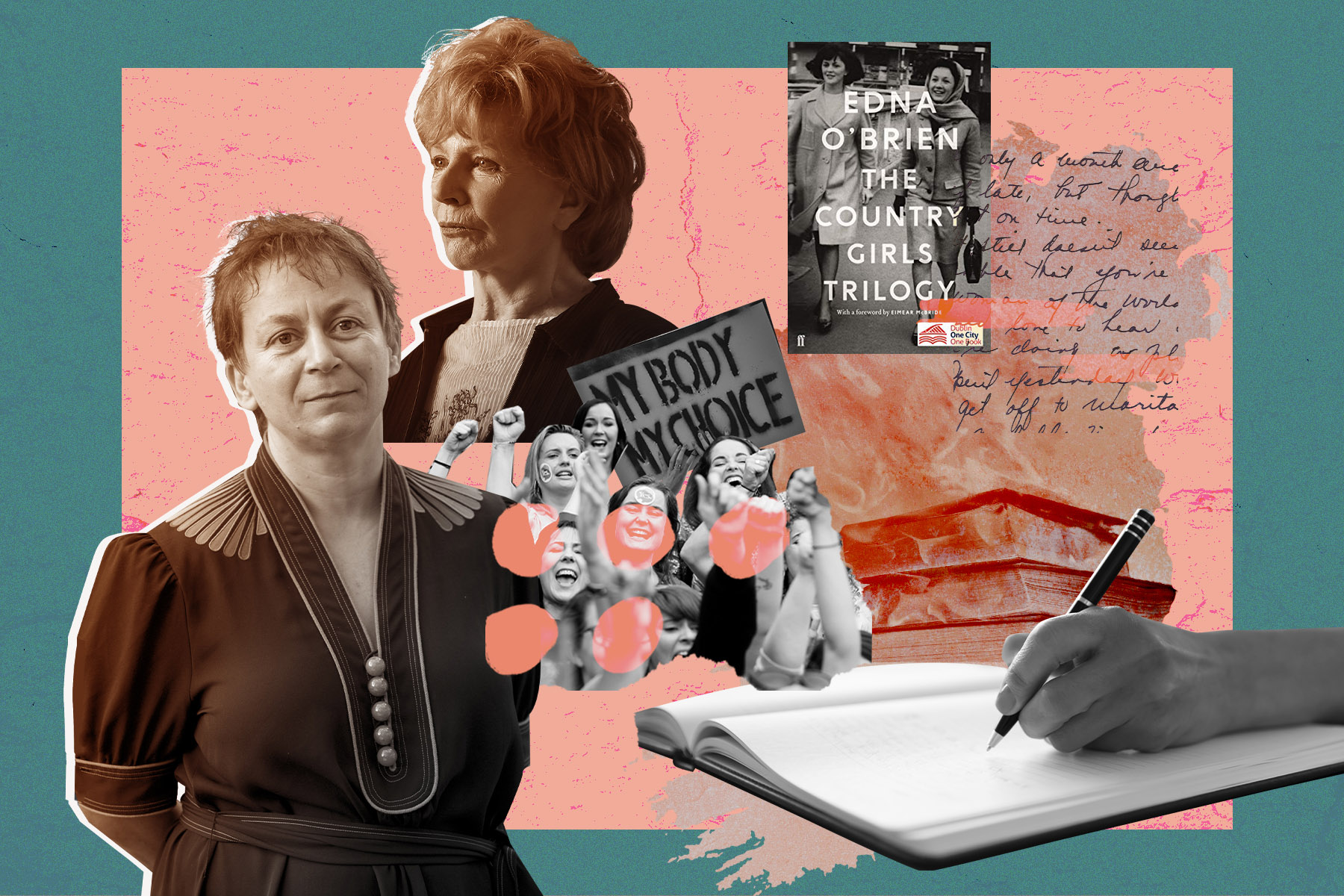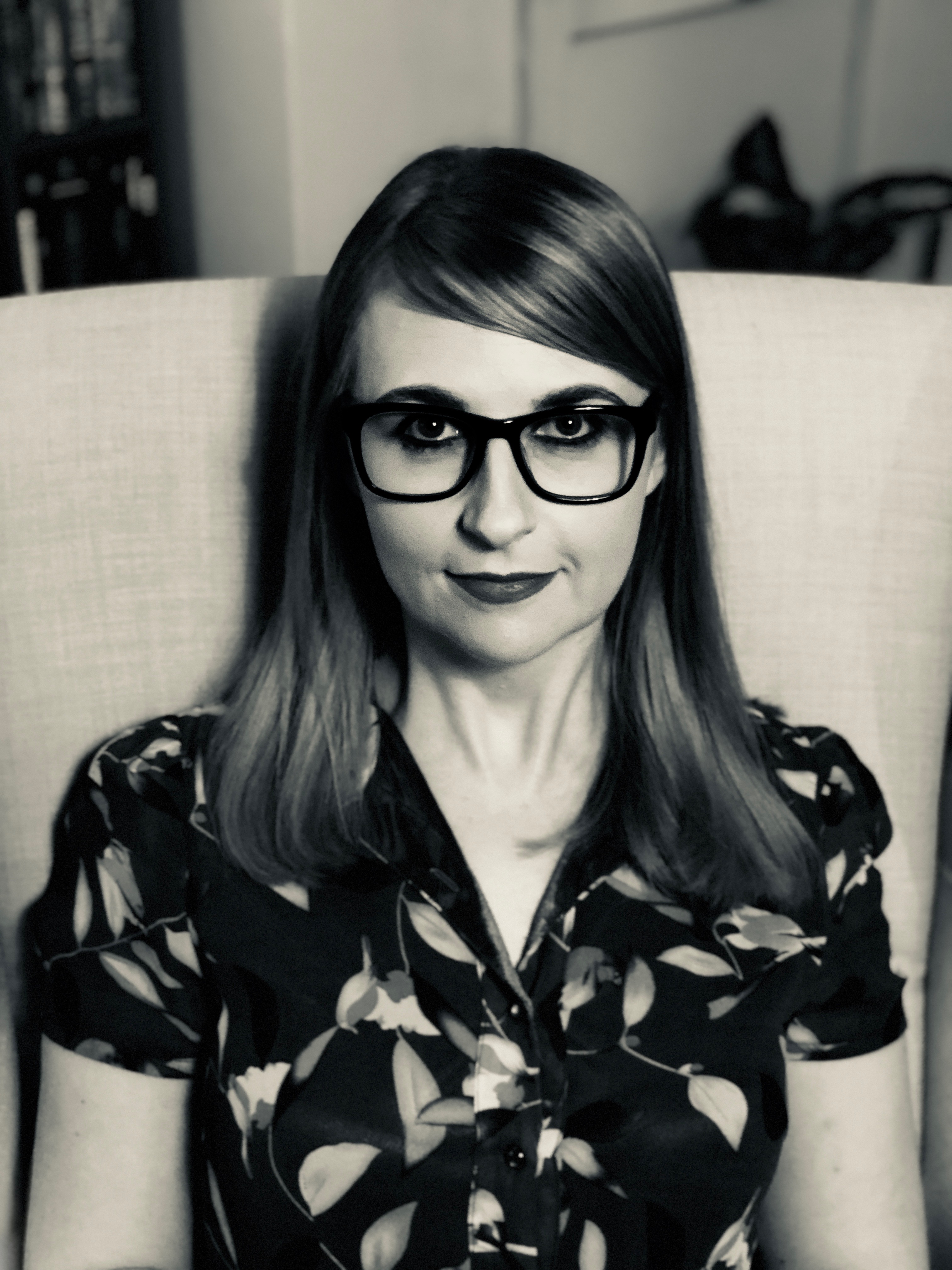- Home |
- Search Results |
- How Ireland’s women writers found their long-overdue spotlight
How Ireland’s women writers found their long-overdue spotlight
Pioneering novelists like Edna O'Brien and Anne Enright paved the way for a generation of female Irish writers who are now lighting up the fiction scene, says The Truth Must Dazzle Gradually author Helen Cullen.

There is one question I am asked more than any other: how does it feel to be an Irish woman writer at this moment in time when Irish women’s writing is setting the world on fire?
It’s more complicated than it first appears. I am Irish. I am a woman. I am a writer. These things are all true, but how these identities intersect in my work is almost impossible for me to identify. It can be a great surprise to discover that, due to timing or circumstance, your individual work could be considered part of something much bigger. The lifeboat you’ve been bobbing about in while you wrote your book eventually reaches the shore and you look up to see a fleet of others arriving alongside you.
A second question quickly follows: where have all these Irish women writers come from? It’s important to remember that there is no singular “Irish Woman Writer” identity – women of many different ages, classes, races, educational backgrounds, sexualities and religions are writing vastly different books, across the publishing spectrum, concerned with an inexhaustible amount of themes in diverse styles and genres. Often we will sit on panels together, or our names will appear in the same column inches, as if we were all interchangeable or part of a writing collective. I’m not convinced that this happens to male writers in quite the same way – their work comes first, their identities second. I’ve yet to see a panel of “Irish Men Writers” at a festival.
The truth is that Irish women writers were always there – it’s the spotlight that was missing.
There is no doubt, however, that there is currently a huge spotlight on the incredible publishing success that so many Irish women are having across the globe. Success creates its own truth. Never have we seen so many Irish women winning such critical acclaim and accolade, or achieving phenomenal sales at such a scale.
As a result, it’s assumed that Irish women writers are a contemporary phenomenon, a recent resurgence after a period of dormant activity. But the truth is that Irish women writers were always there – it’s the spotlight that was missing. Women were offered fewer opportunities, taken less seriously and mostly relegated to the side-lines of publishing. The spotlight was not only hogged, but controlled, by men who had no interest in sharing.
Many cultural and socio-economic factors had to collide for Irish women’s voices to become amplified in recent years. The Irish people have always used storytelling to understand who we are. The growing global #MeToo movement has forced many institutions to reconsider the optics of their business models in relation to women’s representation and platforms. The devastating impact of the Celtic Tiger (Ireland’s dramatic economic boom from the mid-1990s to late 2000s and subsequent economic collapse) on the Irish psyche cannot be overstated. The earth-shaking movements to campaign for the social revolution of Ireland in advance of the same-sex marriage referendum in 2015 and abortion referendum in 2018 succeeded in no small part due to the personal stories that were shared. The narrative of what it meant to be Irish in the contemporary moment was rewritten and many of these writers were women. The online revolution also gave women a publishing opportunity that hadn’t existed before – they didn’t need anyone else’s permission to blog. There were no gatekeepers to silence them there.
The attention upon Irish women’s writing, however, can only be a good thing and a powerful force for good.
In addition to the societal and cultural factors that have supported this influx of incredible women writers, I believe it is the support that Irish women have shown for each other that has also massively contributed to this wave of success. When Anne Enright won the Booker in 2007 with The Gathering, there was a shift in the publishing mindset that had a profound impact on the Irish literary landscape. It is interesting now to review the media coverage of her victory, the extent to which Enright was spoken of as the “outsider” who won “against all odds”- language that would not be used today in the wake of so many literary prizes being claimed by the next generation of Irish women writers. If Edna handed the baton to anyone, it was Anne. Anne herself said of Edna, “O'Brien is the great, the only, survivor of forces that silenced and destroyed who knows how many other Irish women writers.”
Well, no more. Upon becoming the Laureate for Irish Fiction in 2015, Anne Enright dedicated much of her three years tenure to championing Irish women writers and to the eradication of gender bias in the way in which women’s writing was reviewed, discussed and marketed. The work yielded huge change in the way in which women writers were considered going forward. It was a watershed period that marked the turning point in the plight of many aspiring women writers.
There is still a long way to go in relation to gender bias in what continues to be a very patriarchal world of publishing, and, in particular, there is a huge mountain to climb to increase diversity in publishing. The attention upon Irish women’s writing, however, can only be a good thing and a powerful force for good. As we find ourselves so often saying in the fight for representation: it is difficult – often impossible – to be what you cannot see.

Growing up in rural Ireland in the Eighties, it was almost inconceivable to think that one day I might fulfil my dream of writing a book. Almost impossible but for the presence of The Country Girls on my mother’s bookshelf. To quote Edna herself, “a writer's imaginative life commences in childhood”. I appreciate now what a privilege it was for my own imagination to catch fire in a time when Edna had created the possibility for such a thing to be taken seriously.
These days, I am excited for the girls and young women of Ireland who aspire to write that they have so many role models to look to for confidence, inspiration and guidance. Of all the great benefits that have come from the international spotlight on our little island, this I believe is the most important. We’ll be waiting on the shore, ready to hear all that they have to say, each in their own unique way. Eager to share the spotlight.
Helen Cullen's recommended reads
Milkman by Anna Burns
Pond by Claire-Louise Bennett
Here Comes the Beehive by Sarah Crossan
The Narrow Land by Christine Dwyer Hickey
The Green Road by Anne Enright
The Weight of Love by Hilary Fannin
As You Were by Elaine Feeney
The Long Gaze Back (an anthology of short stories written by Irish women whose collective work spans four centuries) by Sinead Gleeson
The Wild Laughter by Caoilinn Hughes
All Names Have Been Changed by Claire Kilroy
The Glorious Heresies by Lisa McInerney
Tender by Belinda McKeon
The Dancers Dancing by Ellis Ni Dhuibhne
The Country Girls by Edna O’Brien